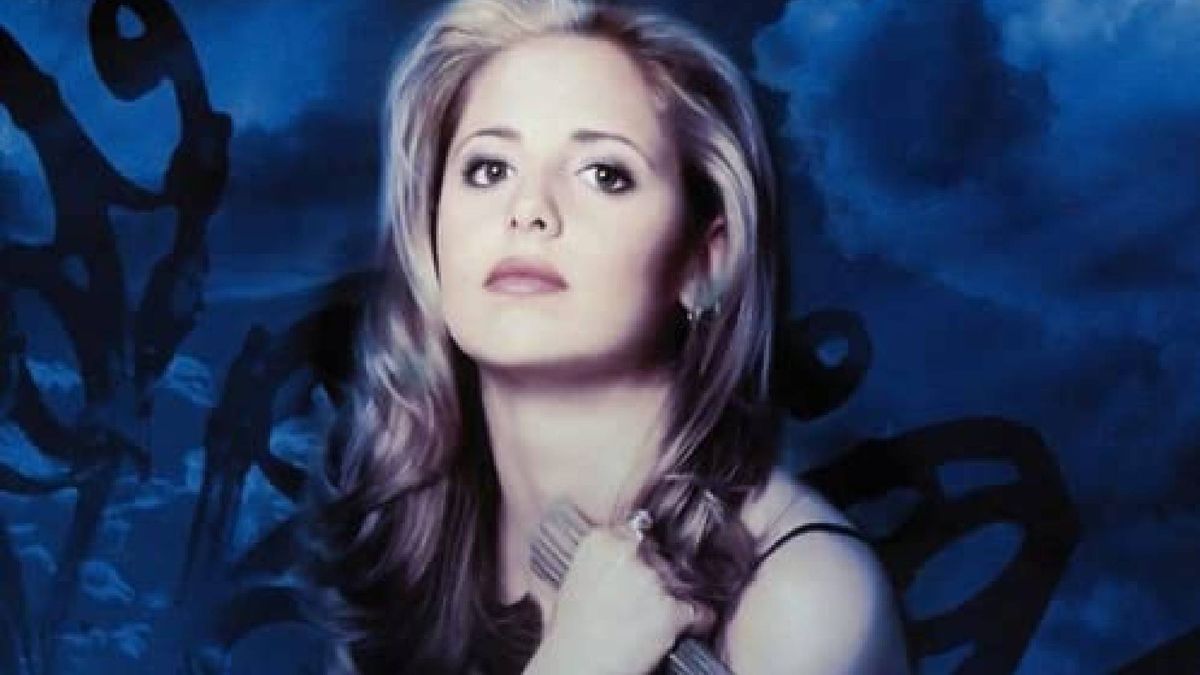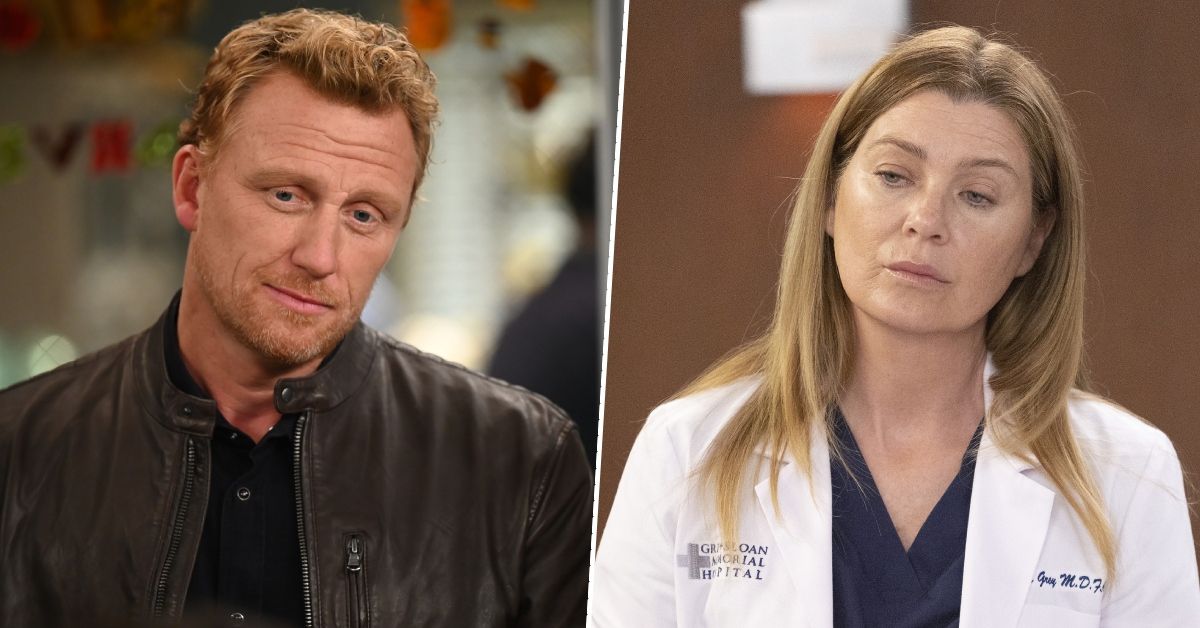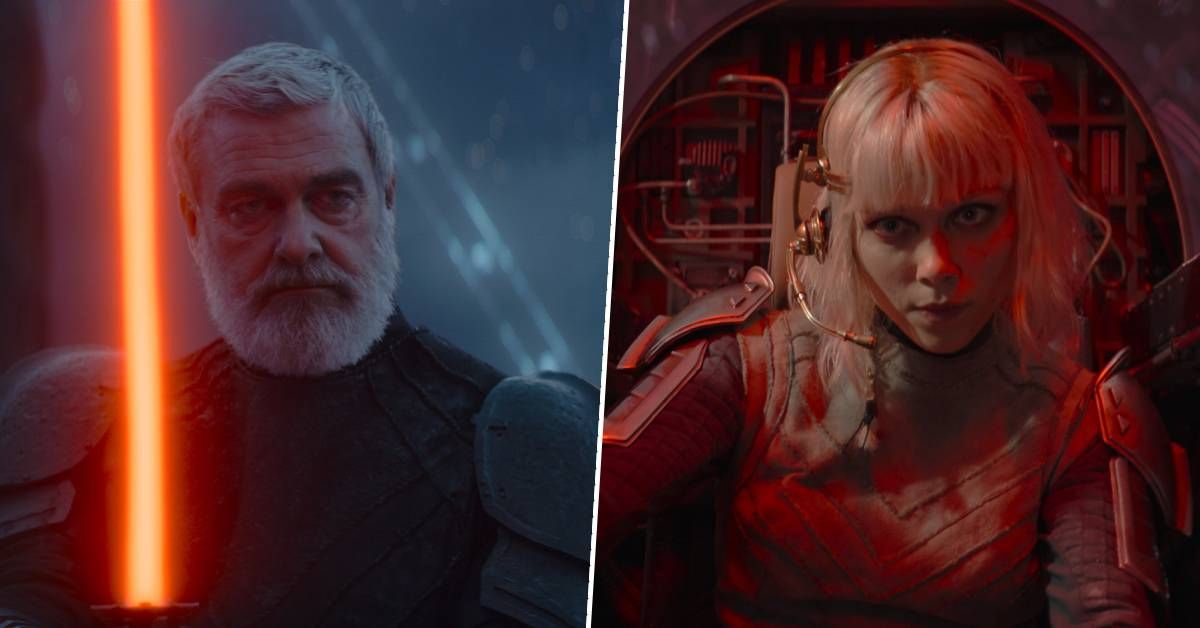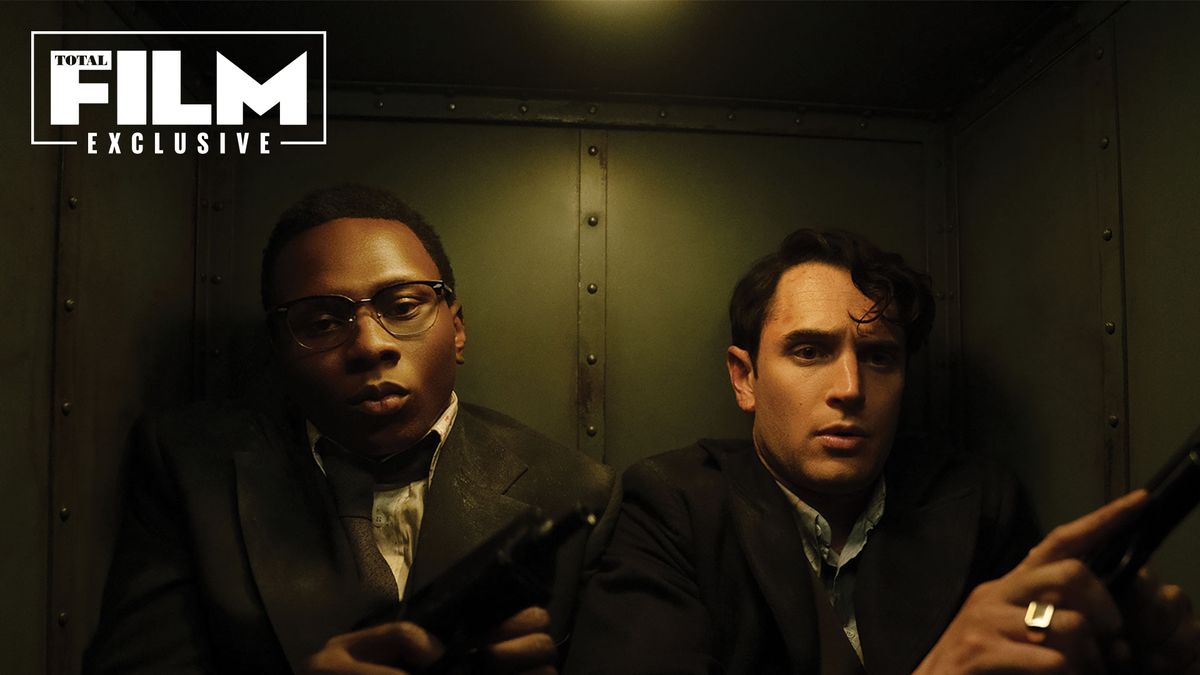The Umbrella Academy has become synonymous with quirky characters and riotous action. No surprise, then, that the third season delivers the goods – just not very consistently. The latest batch of episodes is filled with fun moments, but a strong beginning and end do not compensate for a middle section that struggles to keep momentum.
Having arrived back in an alternative version of the present day following a stint in ’60s Dallas, the Hargreeves discover that they have been replaced. Sure, that’s not exactly another world-ending event, yet things do not look good for our favorite dysfunctional family. Turns out, confronting their father back in 1963 last season accidentally altered the future, and their father, Reginald Hargreeves, decided not to adopt the Hargreeves as we know them. Instead, he chose a different set of seven superpowered children who went on to form the Sparrow Academy, first seen at the end of season two.
The new season picks up where we left off, though we’re now made aware of the fact that the Umbrella Academy’s time-traveling has opened up a Kugelblitz, which, in the words of Five (Aidan Gallagher), is a “super kinky black hole” in the basement of their former childhood home – which now belongs to the Sparrows, of course.
Although they were tantalizingly teased last season, the Sparrows are, unfortunately, kind of cartoonish. We never get the chance to fully probe beneath their one-dimensional antagonistic facades, despite having nearly eight hours of runtime to do so. It becomes difficult to care too deeply about the new characters or their internal bickering, and any time spent with the Sparrows feels like clock-watching until we’re back with the original Hargreeves. What’s worse, with so many characters now in the mix – including even more additions to the cast (we won’t spoil them here) – there’s often too much going on. As a result, the pacing ends up all over the place, with certain events that hold much more emotional weight being swept away all too quickly.
Saying that, there are interesting character beats, especially when it comes to the original Hargreeves. The effects of leaving 1963 behind are felt strongly, especially by Viktor (Elliot Page) and Alison (Emmy Raver-Lampman), who have the most to mourn. Alison was married back in Dallas to civil rights activist Ray (Yusuf Gatewood) and she lived a very different life in the mid-century American South than her non-Black siblings. She bore the brunt of racism, segregation, and police brutality, on top of being separated from her family, her home, and losing her voice after her season one showdown. Her grief and trauma carry a lot of weight this time around and, in such an otherwise fast-paced show, it’s refreshing to see this emotional follow-through from a previous season.
Viktor, meanwhile, really comes into his own. Having fallen in love with housewife Sissy (Marin Ireland) while helping to care for her son Harlan last season, Viktor, historically the black sheep of the family, grows in confidence after coming out as a trans man to his family. The process feels very organic and isn’t overwrought in the script. While this is no doubt the benefit of having a trans actor playing a trans character (Page came out in 2020), it feels like a turning point to see a transgender character in a popular show written in a sensitive way and whose plotline doesn’t revolve around transphobia and discrimination. After embracing who he is, Viktor has bigger fish to fry, like the end of the world.

Elsewhere, there’s a distinct lack of Klaus (Robert Sheehan) and Ben (Justin H. Min) in the mix. After leaving this earthly plane last season, Ben’s presence is still felt, with Min returning as an alternate version of Ben, but the pair made a great double act and Klaus’ character is unfocused for the bulk of the new season without his ghostly moral compass.
Indeed, a lack of overall focus is the season’s main issue – it’s frustratingly inconsistent, despite a promising start, with the opening episode exploding directly into a new batch of chaotic shenanigans. The show struggles to keep the momentum going, leading to a muddling mid-season. The final three episodes are where everything finally comes together and the eighth episode is particularly noteworthy – a bottle episode of sorts that spends some much-needed quality time with the Hargreeves. The show is at its strongest when we peek behind the curtain of this dysfunctional family, and season 3 often forgoes these moments for action or complicated explanations of how time and space paradoxes work – it’s simply too focussed on the plot rather than the characters. Compared to season 2, which was much more about the protagonists as they grappled with their individual fish-out-of-water experiences, season 3 feels lacking until it reaches its conclusion.
But, in true Umbrella Academy fashion, don’t expect all your questions to be answered. There’s undoubtedly a fourth season coming soon, and the overall effect of that is this season coming across as transitional – a way of getting us from season 2 to whatever lies ahead. If The Umbrella Academy keeps this up, it risks losing what made the show so special in the first place. It will be interesting to see whether the series runs out of steam or makes a triumphant return to the more streamlined remit of earlier seasons, but, in the meantime, it’s at least a lot of fun to come along for the ride.
The Umbrella Academy season 3 arrives on Netflix on June 22. For more viewing inspiration, fill out your watch list with our picks of the other best Netflix shows to stream right now.
The Verdict
3.5
3.5 out of 5
The Umbrella Academy
A compelling whirlwind of action that often sacrifices character beats and emotional weight for convoluted plot developments, but, nevertheless, remains a lot of fun
 Games News games, movies and TV you love.
Games News games, movies and TV you love.



